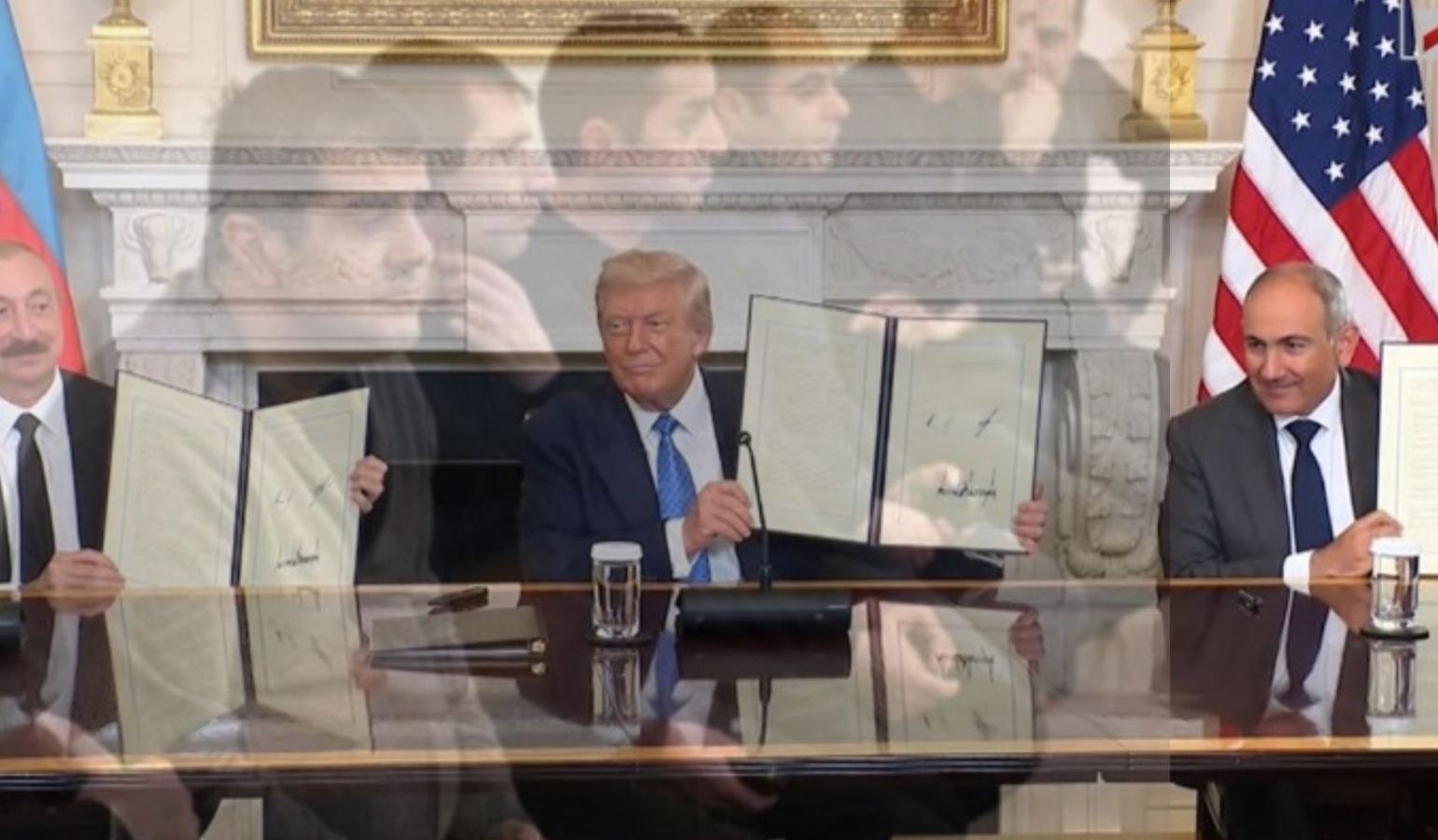
The text of the "peace agreement" simultaneously publicized by Yerevan and Baku contains no mention of prisoners of war (POWs). Only one article commits the parties to finding solutions to the issue of missing persons. It states: "The parties recognize the importance of clarifying the fates of these individuals, including searching for and properly returning remains, and ensuring justice for these persons through a proper investigation, as a means of reconciliation and strengthening trust."
There is still no clarification regarding the statement heard in a viral video circulating online: "Trump will ask Aliyev to release the Armenian POWs." Later, different lists of Armenian POWs began to circulate on social media, which, as it turned out, were taken from open letters by evangelical pastor Joel Tenney, a member of Trump's circle.
Why did the return of POWs not become part of the pre-signed agreement, and why did the parties settle for only the missing persons clause? These questions continue to be a subject of debate.
In an interview with 168.am, Siranush Sahakyan, head of the Center for International and Comparative Law, noted that one of the reasons is that it was not beneficial for Azerbaijan. "Let's not forget that while the issue of missing persons is bilateral and concerns all participants of the conflict, the issue of returning POWs concerns only ethnic Armenians. At the moment, there are no Azerbaijani POWs in Armenia, so a bilateral approach was not in Azerbaijan's interests, and perhaps it was the Azerbaijani side that objected to including a similar provision. On the other hand, the prisoners have been turned into hostages, which means their factor is being used in politics to extort peace on terms that are favorable to Azerbaijan."
The human rights defender believes that the release could happen in the final stage, when Azerbaijan's approaches to peace establishment are already implemented. "It will be presented as a humanitarian gesture with the involvement of some influential state, and Aliyev will do this as a favor or, to a certain extent, to raise the prestige of the involved party. The agreement concluded with the involvement of that party largely protects Azerbaijani interests in the region, and in return, only the problem of releasing the Armenian hostages will be solved," said Sahakyan.
Referring to the short conversation between Trump and Pashinyan about the POWs, Siranush Sahakyan observed that it was not an off-the-cuff remark. The human rights defender is confident that it was preceded by closed discussions. In any case, according to her, it concerns the 23 officially confirmed POWs, including the leadership of the Republic of Artsakh.
And what fate awaits the individuals whose capture the Azerbaijani side does not acknowledge? The answer to this question, according to the human rights defender, depends on a multi-stage process.
"The nature of the measures taken regarding them is significantly different. In the case of confirmed POWs, we are talking about the obligation of release, whereas in the case of missing or forcibly disappeared persons, their fates must first be clarified, their status determined, and only then can the question of their possible release be addressed," said Sahakyan.
It should be recalled that Siranush Sahakyan has repeatedly warned that about 80 Armenians captured since 2020 in Azerbaijan have been subjected to forced disappearance, but according to official data, 23 Armenians are held in Baku.